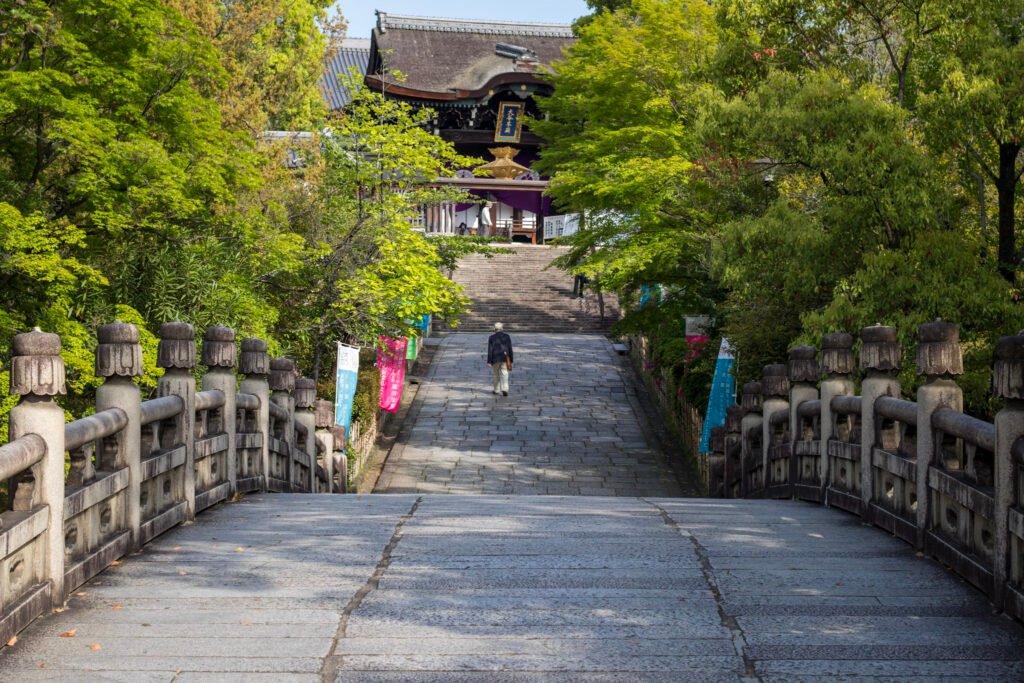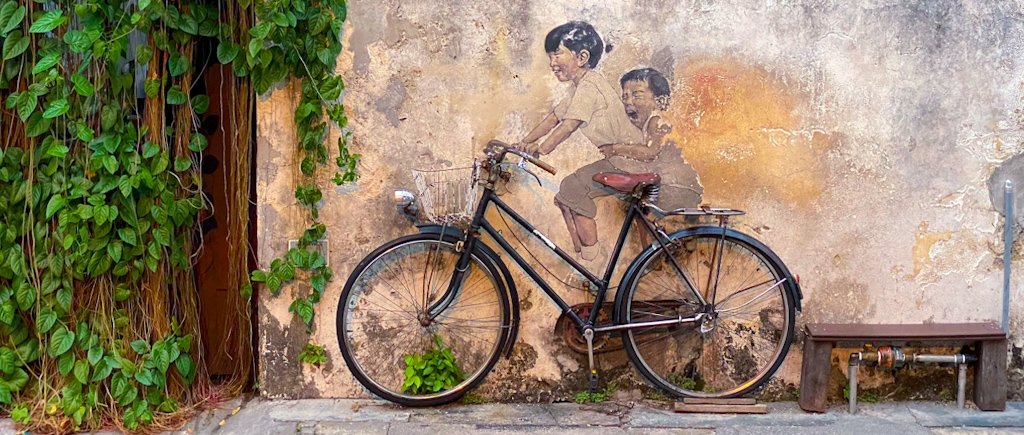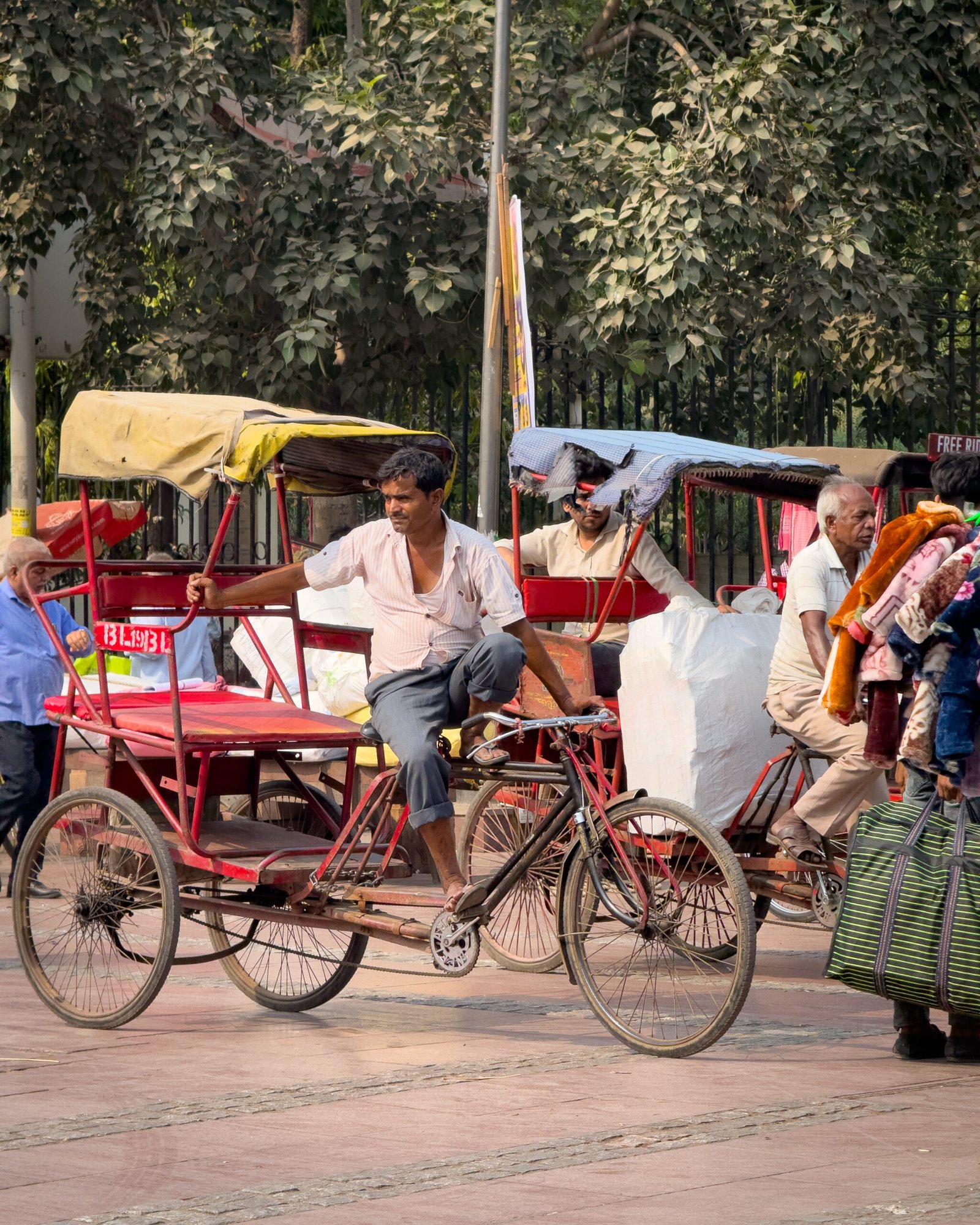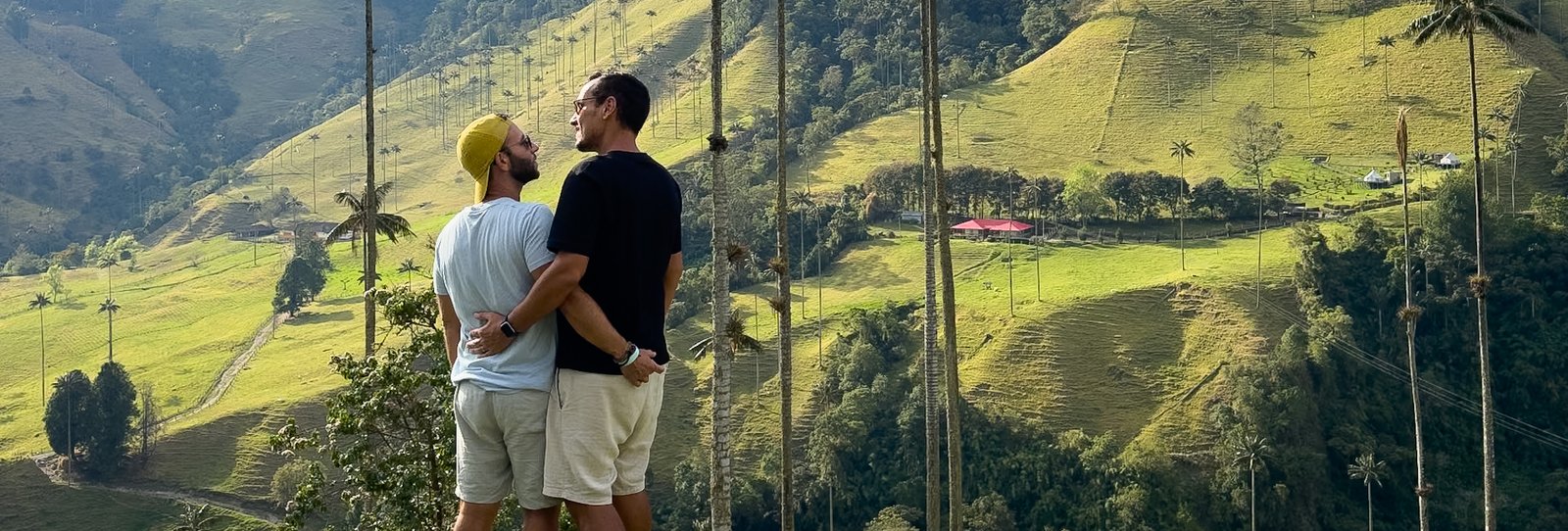Where to Stay in Hakodate: 3 Best Areas and Hotels
Looking for where to stay in Hakodate? You’ve come to the right place. Hakodate was the final stop on our Hokkaido road trip, and we… Read More »Where to Stay in Hakodate: 3 Best Areas and Hotels
Japan is a land of contrasts, where ultramodern cities meet ancient cultural heritage. From the neon-lit streets of Tokyo to the tranquil temples of Kyoto, this incredible destination has something for every traveler. Explore world-famous Japanese cuisine, from fresh sushi and hearty ramen to delicate wagashi sweets. Dive into cultural experiences like traditional tea ceremonies, rejuvenating onsen baths, and vibrant local festivals.
Japan’s efficient public transportation, including the iconic Shinkansen bullet trains, makes it easy to uncover the country’s diverse landscapes. Witness the snow-capped mountains of Hokkaido, relax on the tropical beaches of Okinawa, or explore UNESCO World Heritage sites like Mount Fuji and Himeji Castle. Start planning your trip today and immerse yourself in the unique beauty and charm of Japan.
Yes, Japan remains one of the safest countries in the world to travel to. The crime rate is very low, and violent crimes are rare. However, there has been an increase in crimes such as fraud and online scams in recent years. As long as you take basic precautions — like keeping your belongings close and being aware of your surroundings — you’re unlikely to encounter problems. With the rise in tourism, authorities emphasize the importance of respecting local customs: avoid speaking loudly on public transport, remove your shoes when indicated, and refrain from eating while walking — simple gestures that show respect for Japanese culture.
Japan has one of the best transportation systems in the world. Trains are fast, clean, and punctual — the Shinkansen (bullet train) is an experience truly worth it. Cities like Tokyo and Kyoto have increasingly invested in accessibility, with elevators, ramps, and signage for people with reduced mobility. In 2025, even some smaller stations have begun adopting innovative structures, such as 3D-printed buildings to improve access. Urban buses have priority seating and facilitated access for wheelchairs.
Japan places great importance on respect and good manners. Here are some practical tips:
Respecting these customs shows consideration and is always appreciated by locals.
Japan is generally safe for LGBTQIA+ travelers. While same-sex marriage is not yet legal nationwide, some areas — like Tokyo — already recognize civil unions. Public displays of affection, whether between heterosexual or queer couples, are rare, so it’s best to maintain some discretion. In large cities, you’ll find inclusive neighborhoods, events like Tokyo Rainbow Pride, and safe spaces for the entire community. Japanese hospitality, combined with a discreet and respectful approach, makes many LGBTQIA+ travelers feel welcome.



Check that your passport is valid (minimum 6 months) and whether you need a visa depending on your nationality.
The JR Pass offers unlimited travel on Japan Rail trains — perfect if you plan to visit multiple cities across the country.
Makes using public transportation and shopping at stores or vending machines easier. You can also use digital versions directly on your smartphone.
Healthcare in Japan is expensive for non-residents — good insurance covers medical emergencies and unforeseen issues.
Internet is essential for navigation, translation, and bookings. Buy an eSIM or pocket Wi-Fi before arriving.
Despite the technology, many places still accept only cash — especially outside major cities. 7-Bank ATMs (7-Eleven) have no withdrawal fees with Mastercard.
Required for driving in Japan. Issued by local authorities in your country under the rules of the Geneva Convention.
In Japan, silence on public transport is a sign of respect. Avoid loud conversations or phone calls on trains, subways, and buses.
It’s rare to find public trash bins in Japan. Locals usually carry their trash with them until they find an appropriate place to dispose of it. Leaving garbage on the street is frowned upon and seen as disrespectful.
Japanese culture is well-preserved and deeply rooted. Avoid paternalistic or superior attitudes, such as imposing ideas or correcting local customs. Respect their way of life — the Japanese are perfectly capable of taking care of themselves.
Some bars, restaurants, or accommodations only accept Japanese customers. This is a culturally accepted practice, often due to language or custom, and it’s not illegal in Japan. Don’t take it personally — just move on and find another place.
Looking for where to stay in Hakodate? You’ve come to the right place. Hakodate was the final stop on our Hokkaido road trip, and we… Read More »Where to Stay in Hakodate: 3 Best Areas and Hotels
Taking a road trip through Okinawa was one of those simple decisions that end up becoming memorable. It was there, between the intense blue of… Read More »National Route 58 in Okinawa: Beaches, Culture & Flavors of Japan’s Tropical Island
Looking for where to stay in Lake Toya? You’ve come to the right place. During our trip through Hokkaido, we decided to spend a few… Read More »Where to Stay in Lake Toya: 3 Best Areas and Hotels
Looking for where to stay in Otaru? You’ve come to the right place. We included Otaru in our Hokkaido itinerary almost instinctively—we knew it was… Read More »Where to Stay in Otaru: 3 Best Areas and Hotels
Are you planning a trip to Hokkaido but don’t know what to do in Asahikawa? We stopped there during our Hokkaido road trip and spent… Read More »What to Do in Asahikawa in One Day: Complete Guide
Looking for where to stay in Asahikawa? You’ve come to the right place. During our Hokkaido road trip, we decided to spend two nights in… Read More »Where to Stay in Asahikawa: 3 Best Areas and Hotels for Every Budget
Are you planning a trip to Hokkaido and wondering what to do in Sapporo? For us, discovering what to do in Sapporo was the starting… Read More »What to Do in Sapporo: A Practical Guide to Exploring Hokkaido’s Capital
If you’re planning your trip and looking for where to stay in Sapporo, you’ve come to the right place. During our third trip to Japan… Read More »Where to Stay in Sapporo: 3 Best Areas and Hotels
Looking for what to do in Nagoya? You’ve come to the right place. We visited Nagoya during our third trip to Japan, in the middle… Read More »What to Do in Nagoya: 6 Must-Have Experiences in the City
Looking for more information about visiting Ghibli Park? You’ve come to the right place. We’re self-declared fans of the magical world of Studio Ghibli. We… Read More »Visiting Ghibli Park – Complete Guide to Studio Ghibli’s Enchanted World
Check out our travel resources for more tips for your next trip.
This post includes affiliate links that help support this project, allowing us to create high-quality content for you at no extra cost.
Legal notice: All information on this blog is for informational purposes only. Readers should verify its accuracy before making financial or travel decisions.

André and João standing together in Salento, Colombia
We're André and João, a Portuguese couple passionate about exploring the world side by side for over 18 years. We've visited more than 70 countries and completed two self-planned round-the-world trips—always with a spirit of adventure, curiosity, and attention to detail. On this blog, we share what we've learned on the road: practical tips, tested itineraries, and real experiences to help you plan more authentic and fulfilling travels. We believe there's no single "right" way to travel—only what makes sense for you.